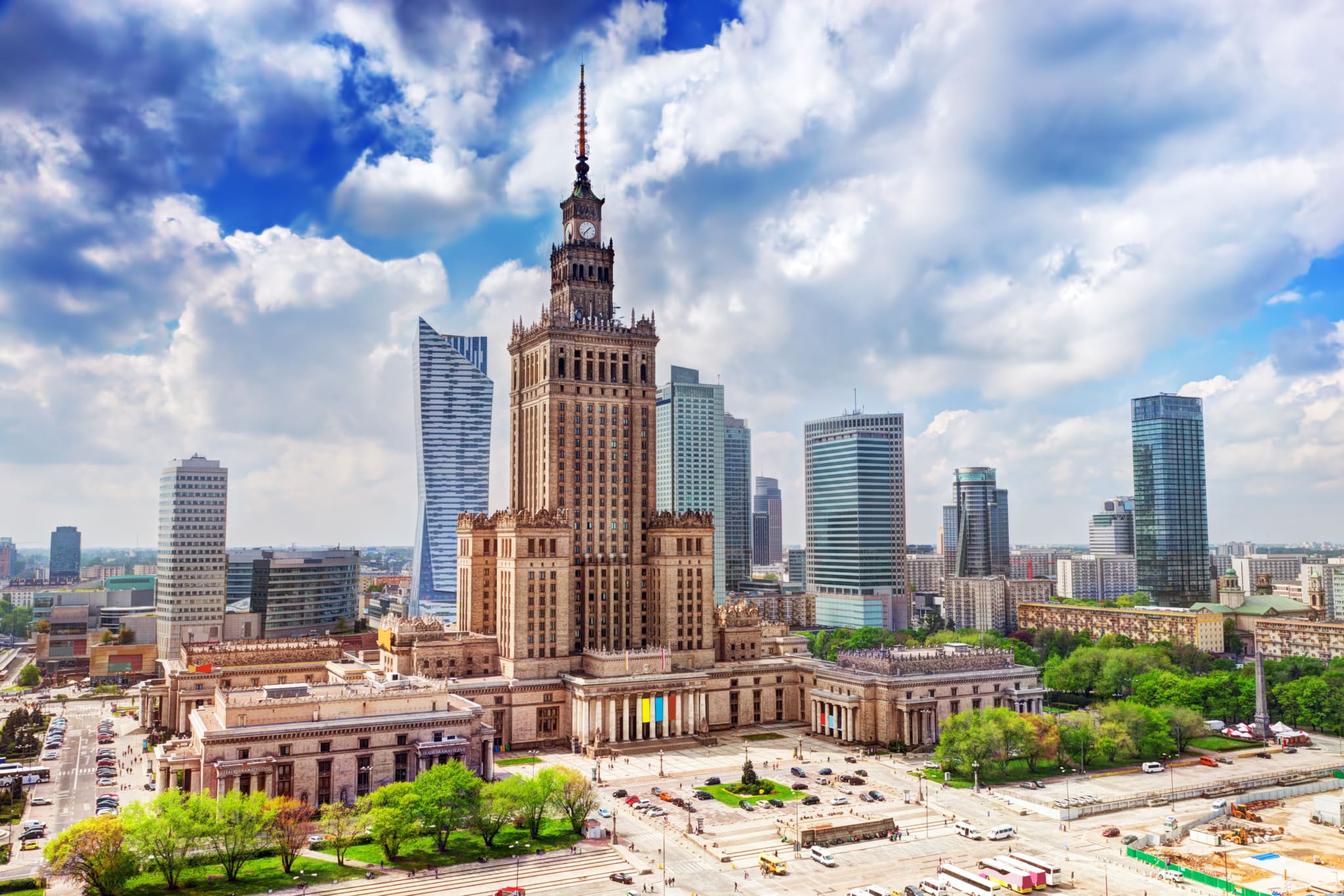Poland has become the focus of a British debate about the country’s economic situation after leaving the European Union, with Labour Party leader Keir Starmer stating that Poland will be wealthier than Britain by 2030.
Starmer claimed in parliament that “the average family in Britain will be poorer than the average family in Poland by 2030.” He claimed that this will only occur if the U.K. does not solve its problems related to poor economic growth.
Prime Minister RIshi Sunak contended that much of the increase in costs for British citizens is related to the higher energy costs associated with the war in Ukraine, which should be a temporary issue.
Jeremy Warner in The Daily Telegraph commented on the economic forecasts for the U.K. and Poland. As he points out, if a country starts from a lower economic starting point, it is obvious that it will grow faster than the richest countries. Poland is an example of this, with GDP growth of 150 percent since the fall of communism compared to the Eurozone’s 40 percent.
Additionally, income per head has grown from less than a quarter of Germany’s income to two-thirds of the Eurozone average and is rapidly catching up to British levels.
“Just like with the tiger countries of the Far East, it is a story of moving from poverty to relative wealth in just one generation,” Warner points out.
Warner assesses that the prospects for the Polish economy still look good, although economic growth will almost certainly be slower. “The higher you are on the ladder, the harder everything becomes,” the journalist writes. However, he emphasizes that “it must be honestly said that Poland probably avoided the so-called ‘middle-income trap,’ a situation where growth is poor and the country cannot achieve the status of an advanced economy.”
Of course, there are many challenges ahead for Poland.
There will be crises, and previously unknown problems will arise — some have already appeared. In addition, the West has and will have powerful resources and reserves that are not visible in indicators such as GDP or GDP per capita.
Nevertheless, the British discussion about Poland is significant. The West is beginning to see that between the Oder and the Bug rivers, between the Baltic and the Tatra Mountains, there is a country that is beginning to compete with the biggest players in Europe — a country that is growing so fast that it is causing concern in numerous capitals.
In the U.K., this concern is mainly mental, but in others, it is seen as a more immediate threat.
Poland has overcome its intended fate as a machinery assembly line that provided a cheap workforce. It is close to the position that few dared to dream of during the difficult 90s.
However, Poland still faces pressure from Brussels, and if it gives in, the dreams that are already tangible today may be shattered faster than anticipated.






